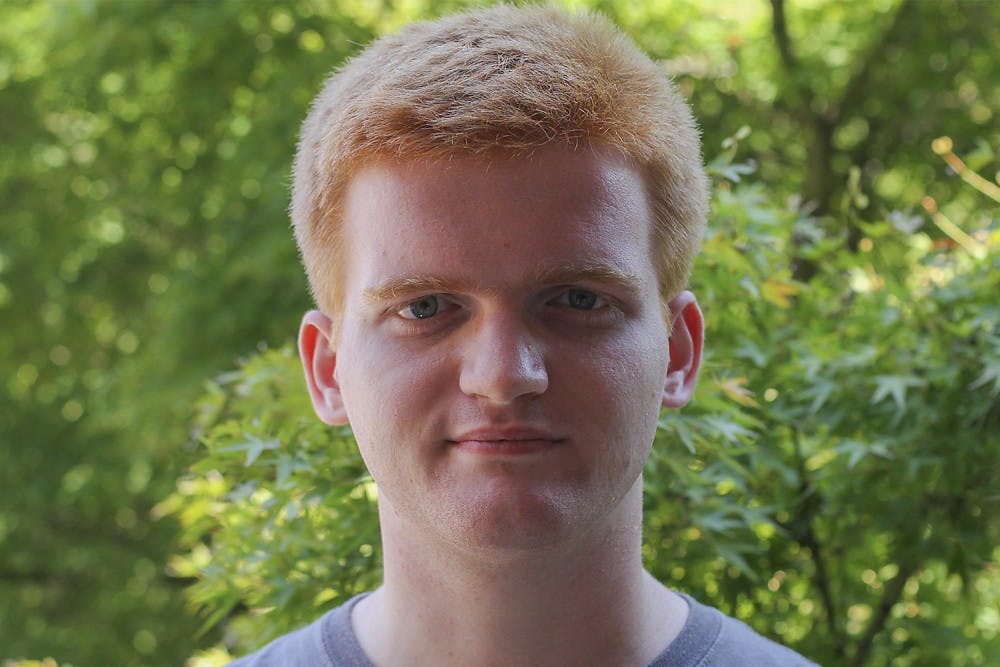My philosophy professor asked people to name a few “fundamental laws of nature.” He was looking for examples of mathematical truths to lead into another discussion about philosophical truths.
“F=ma,” someone suggested. You know, force is mass times acceleration. Sir Isaac Newton’s second law of motion.
“Uh ... yeah,” my professor chuckled. Someone else suggested E=mc2.
“I don’t understand any of this stuff,” he said with a smile.
It was a small moment. The class proceeded to talk about the hidden meaning of the phrase “self-evident” from the Declaration of Independence for half an hour.
There was a recent New York Times article about Megan Smith, the Chief Technology Officer of the United States; apparently, she would cringe at such small moments (like when a long-time academic chuckles at how bad he is at science).
“We would never say that about reading,” Smith said.
My thinking was always built more for math and science, but when people struggle with math, I sympathize. I minored in Russian.
For the first three years of my college career, my most time-consuming classes were the Russian courses. I spent more time on daily language worksheets with cutesy little cartoons than I did on any computer science course. While my classmates were like sponges absorbing a constant stream of vocabulary, I was some stupid Styrofoam cup that someone had pulverized with a BB gun.



